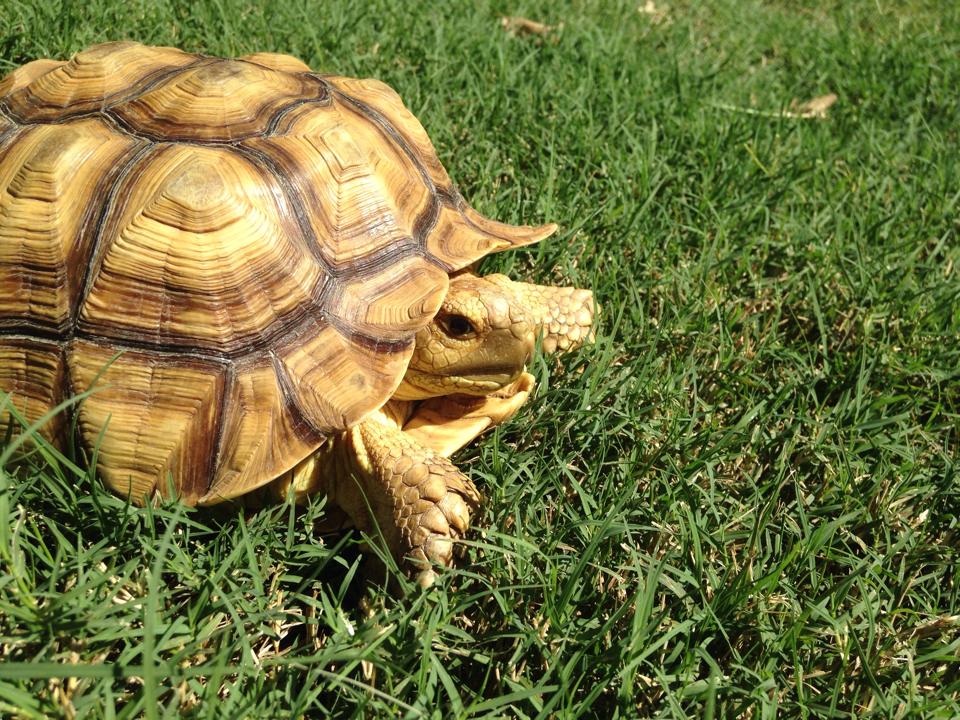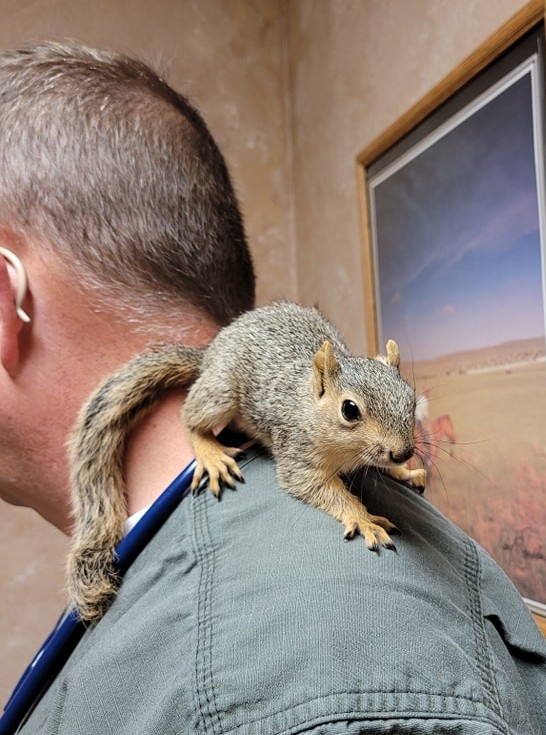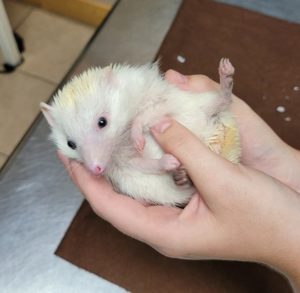Exotic Pet Medicine and Surgery
Our veterinarians are experienced in providing exceptional veterinary care for exotic pets. With experience treating reptiles, small mammals, amphibians, and other unique companions, our team understands their specialized needs and offers tailored medical care.
From wellness exams and nutritional counseling to advanced diagnostics and surgical procedures, we are dedicated to ensuring your exotic pet receives the highest level of care in a comfortable and compassionate environment.




